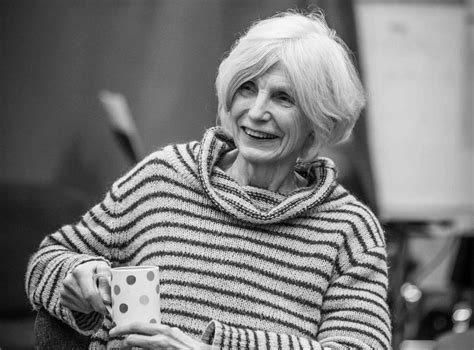A Quote by Catherine Brady
I wanted to let form lead my thinking, and repetition always confronts you with the interesting problem of how to break out of a cycle that seems so deterministic, which was germane to the story's concerns.
Related Quotes
I did a film called 'Worlds Apart' about a Jehovah's Witness. I was the love interest - the male lead - but the story was about the female lead, a young girl who is a part of this cult, and she wants to break out. She meets a guy who has to help her. She has to find out who she is. It's more like a coming of age story.
There's a misunderstanding that I've always tried to address straight on when this question comes up, which is that a 'Half-Life' story can somehow exist outside of a game. It can't. The story is created through the process of trying to figure out how to best use the features of the engine within the interesting set of constraints it poses.
The main problem is that most commentators are accustomed to thinking of spiritual schools as 'systems', which are more or less alike, and which depend upon dogma and ritual: and especially upon repetition and the application of continual and standardised pressures upon their followers.The Sufi way, except in degenerate forms which are not to be classified as Sufic, is entirely different from this.
I feel like we're so limited by the context at which we look at life. The way we look at who we're supposed to be and how we're supposed to love... everything. I feel like that, in and of itself, is a project of a lifetime: the problem of how to break out of the limiting context that is imposed upon us by the educational system, by the church, by our parents... As a kid I rejected it without even thinking about it. Now that I'm a little older, I see how deeply destructive it really is.
The problem with labels is that they lead to stereotypes and stereotypes lead to generalizations and generalizations lead to assumptions and assumptions lead back to stereotypes. It’s a vicious cycle, and after you go around and around a bunch of times you end up believing that all vegans only eat cabbage and all gay people love musicals.
Now I'm in nonfiction. To me any given story has its appropriate form. There might be some story I get involved with that's begging to be a graphic novel, so that will have to be that way. There's always that matching of the content and the form, and that means everything to me. I spend years thinking about what that match is going to be before I can really make it work.
I think figuring out how to do the best job you can, because frankly, no matter what gender you are - in television news - you're all measured by the same thing: which is the news you make or break, and the ratings you are able to deliver. But, how the audience hears you - or how the interviewer does - is also interesting.






































